Livestock
All Livestock Content
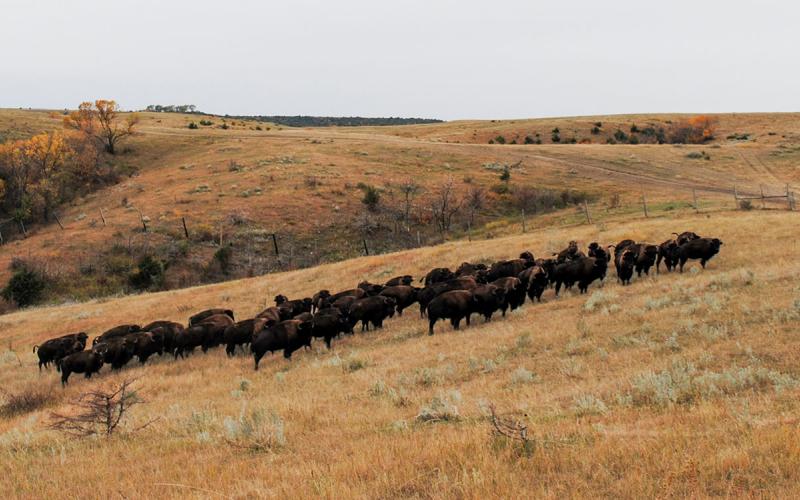
Bison Economics Tool
The SDSU Bison Economic Tool provides bison producers with up-to-date, monthly bison market information. The rapid and user-friendly visualization capabilities enhance communication and evaluation of how the industry is performing compared to previous months.
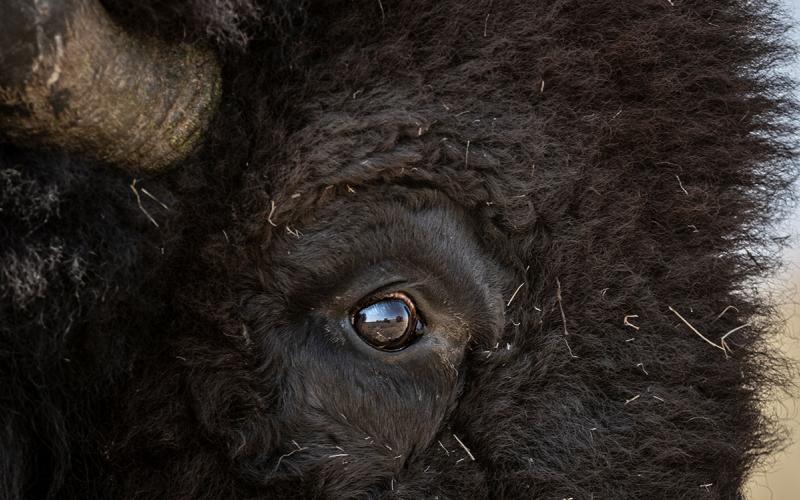
USDA FSA: Bison herds affected with Mycoplasma bovis now eligible for livestock assistance programs, carcass disposal assistance also available
The U.S. Department of Agriculture Farm Service Agency has announced that bison death losses resulting from Mycoplasma bovis are now eligible for the livestock indemnity program, retroactive for 2021.
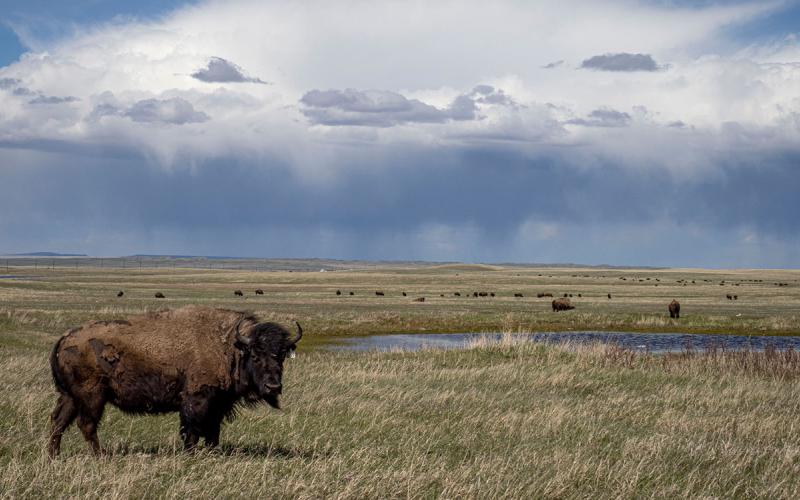
Are bison amenable or non-amenable? How does the definition of bison affect harvest systems and quality of meat and carcasses?
While status of bison as an amenable versus non-amenable species seems confusing and complex, there are associated benefits and consequences for each definition.
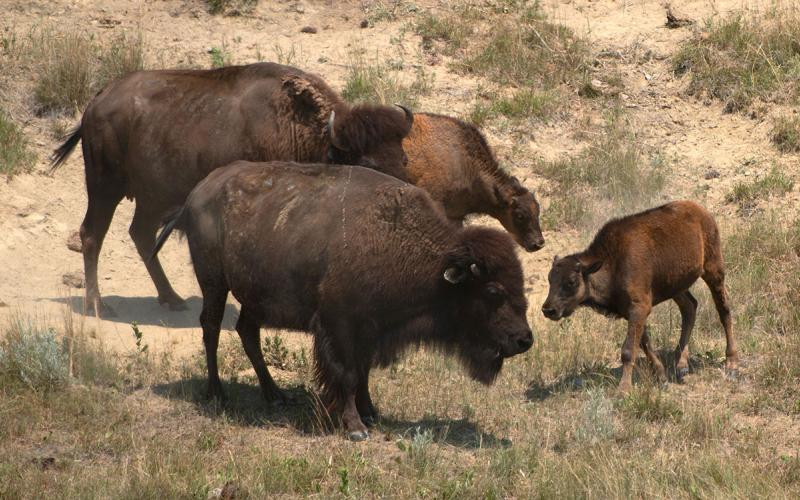
Goldilocks and Bison Carcass Size Considerations
Many are familiar with the story of Goldilocks and the three bears, where Goldilocks tries to find a bed that's not too hard, nor too soft, but “just right.” Learn how this same concept can help producers find a carcass size that's "just right" for bison processing.
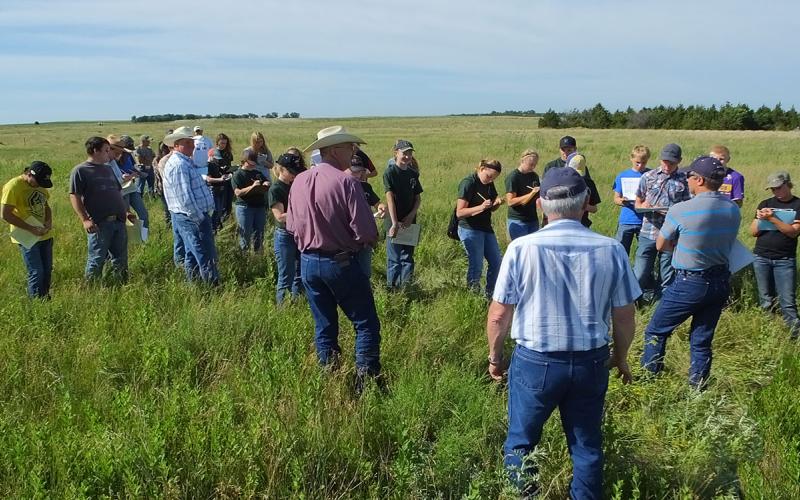
39th annual Rangeland and 18th annual Soil Days set for June 14-15 in Watertown
March 20, 2023
SDSU Extension, Codington Conservation District and South Dakota Natural Resources Conservation Service are hosting Rangeland Days and Soil Days on June 14-15 in Watertown, South Dakota.
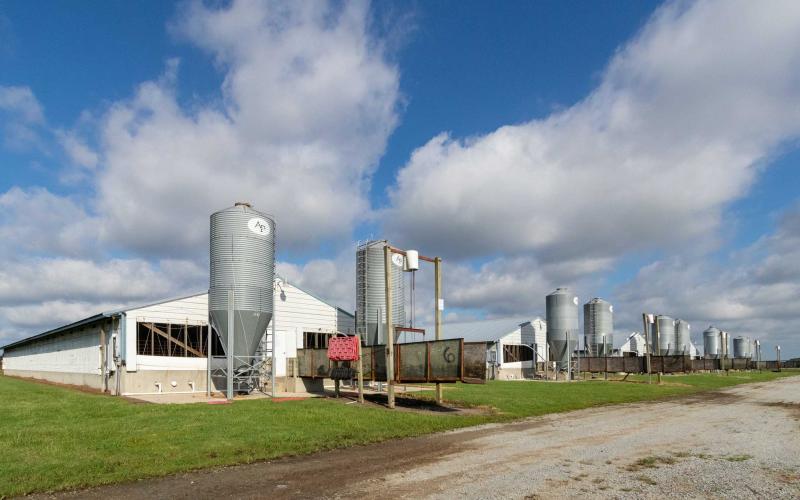
South Dakota pork producers have a chance to tell their story
March 14, 2023
South Dakota State University Extension is encouraging South Dakota hog farmers to join the Your Farm Sustainability Report, a Pork Checkoff-funded project.
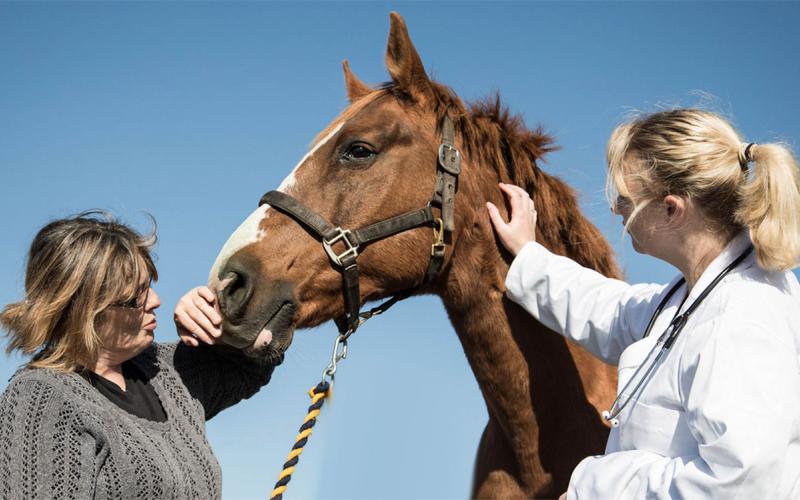
Winter Ticks Showing Up on Horses
Ticks aren’t only active during the growing season in South Dakota. Winter ticks can be commonly found on horses and cattle. Learn some expert tips for identifying and managing them before they become a problem.
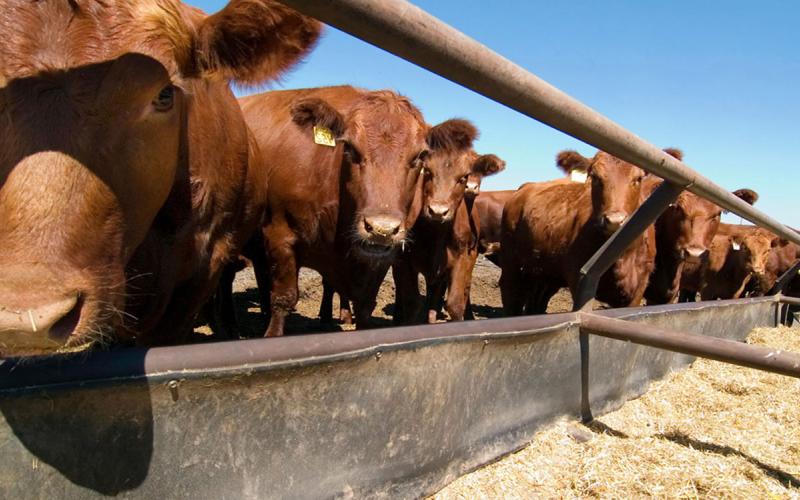
Concentrated Animal Feeding Operations training to be held March 29
March 06, 2023
South Dakota State University Extension, the South Dakota Department of Agriculture and Natural Resources, and the Natural Resources Conservation Service are offering an environmental training session for operators of Concentrated Animal Feeding Operations (CAFOs) on March 29 at the Crossroads Convention Center, 100 Fourth St. S.W., in Huron.
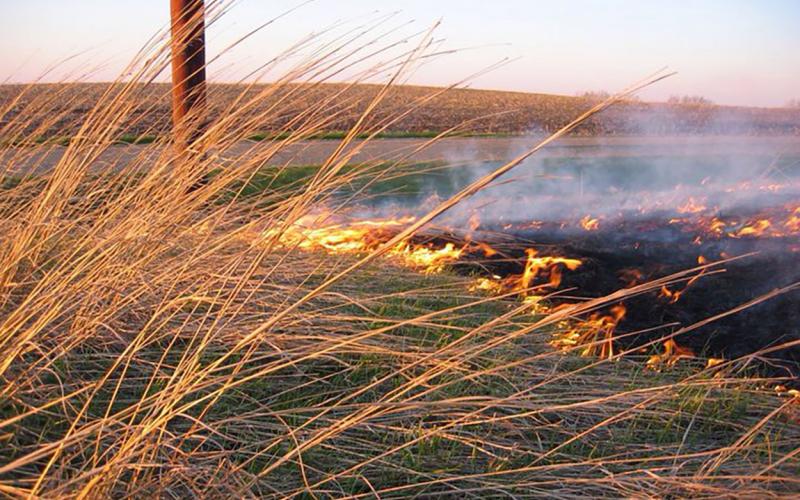
Fire as a Management Tool
When planned for and implemented appropriately fire is a tool that can have tremendous benefits to your grassland community.

SDSU Animal Science research and SDSU Extension on display at regional meeting
March 02, 2023
South Dakota State University Extension highlights that the SDSU Department of Animal Science students and faculty will present their latest research and Extension projects at this year’s Midwest Section meeting of the American Society of Animal Science March 12-15 in Madison, Wisconsin.